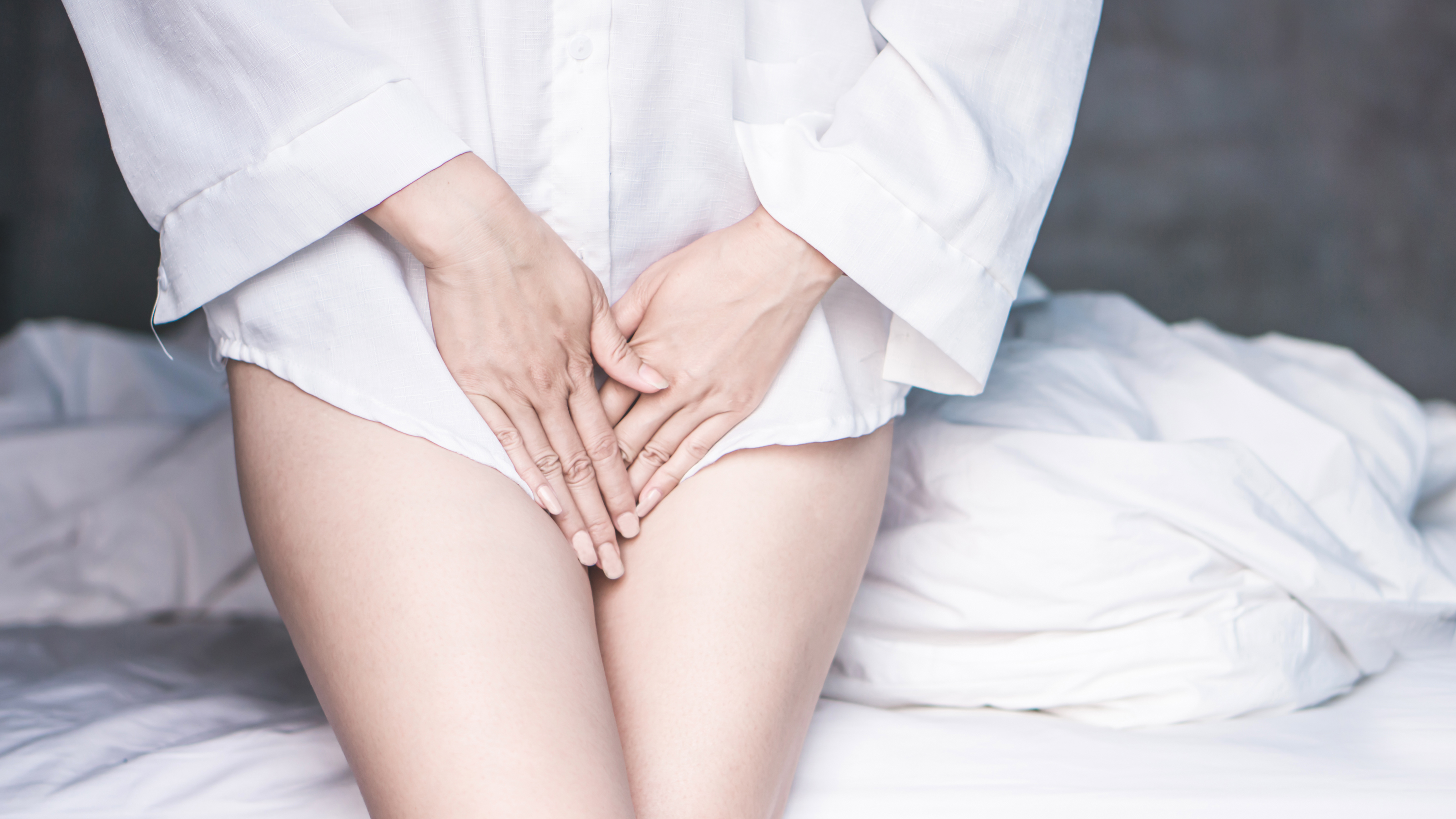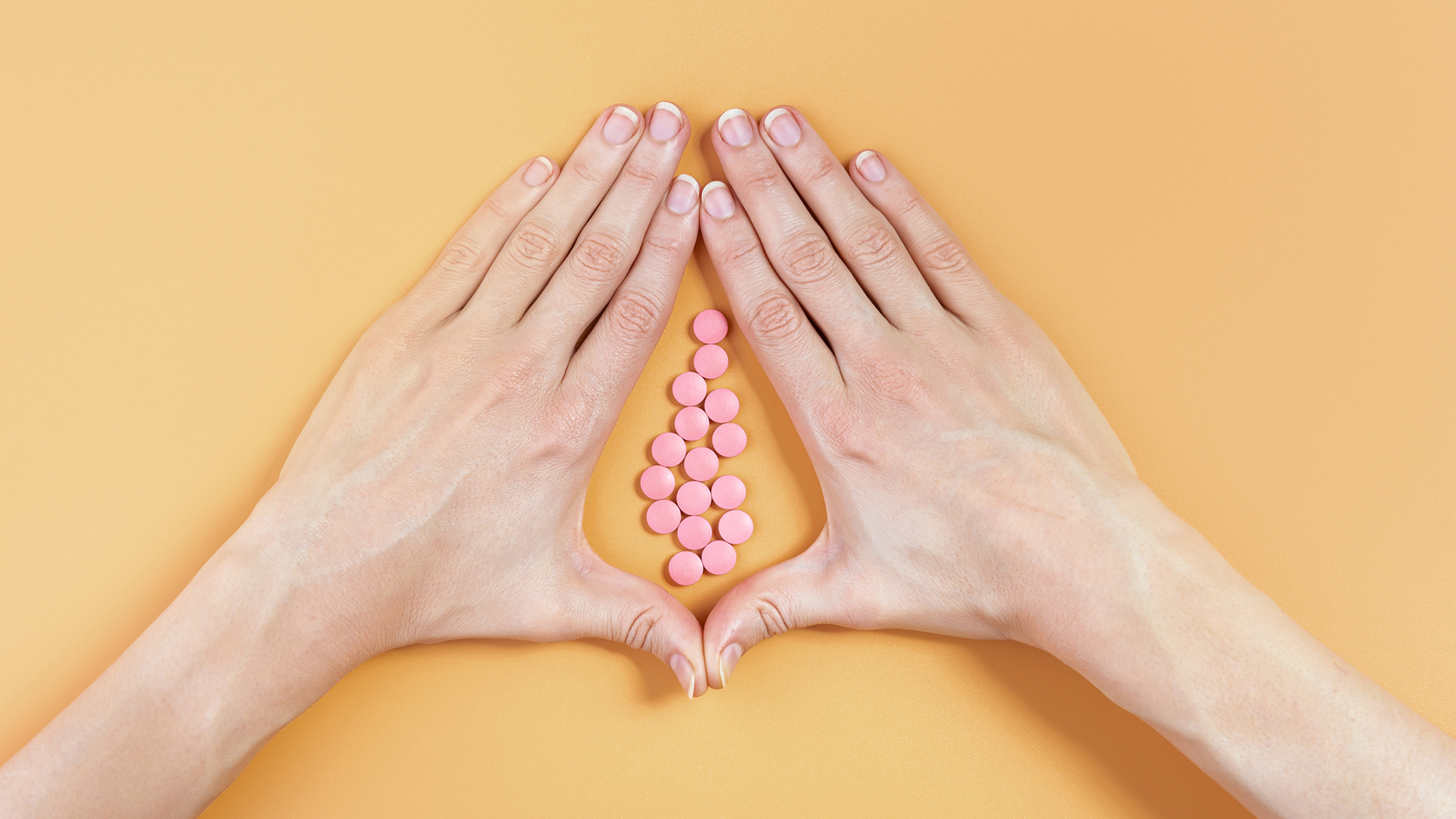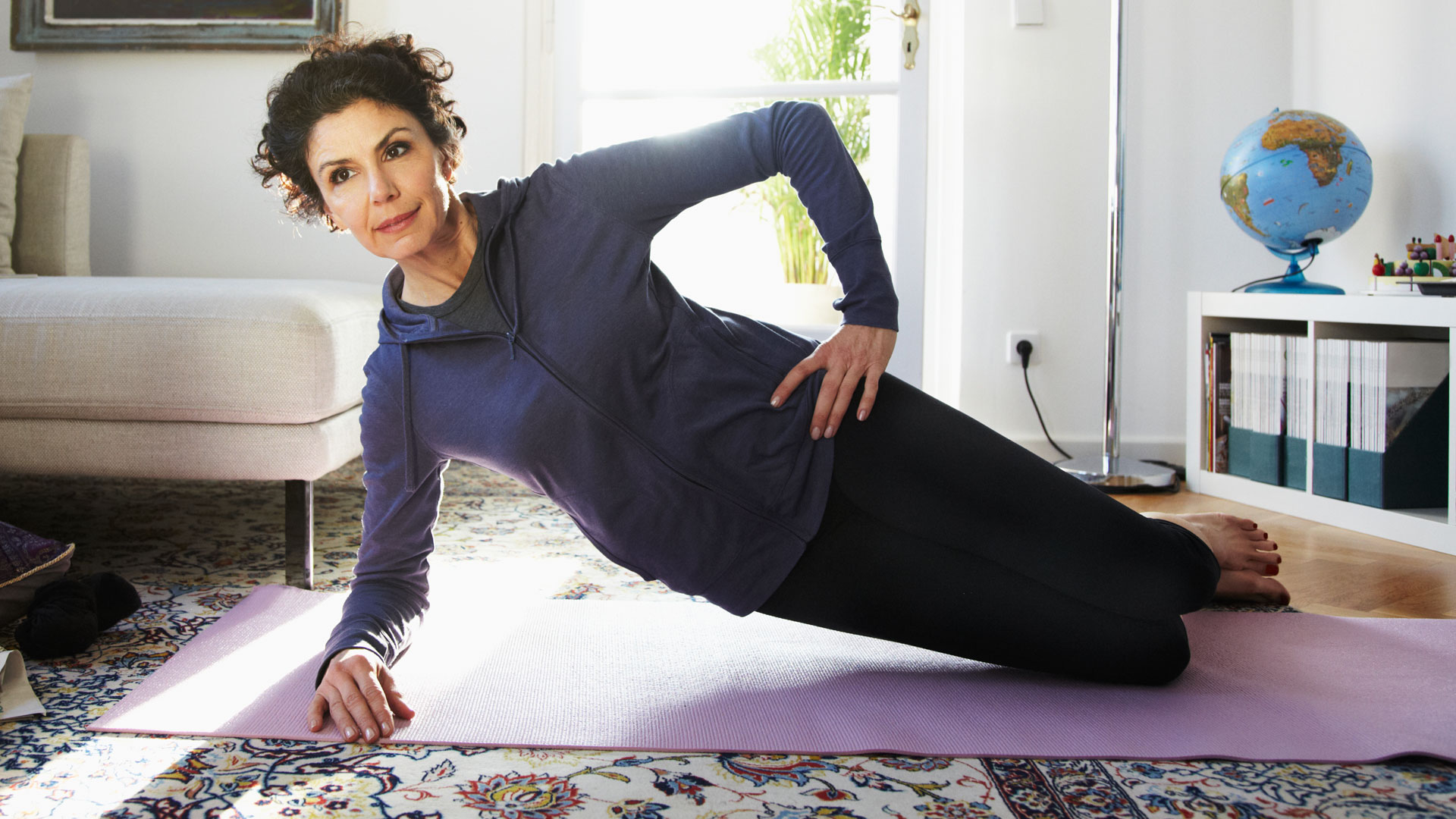Natural remedies for vaginal dryness
These natural remedies for vaginal dryness may help to alleviate your symptoms


If you’re looking for natural remedies for vaginal dryness, you’re not alone. This condition can affect women of any age, although it is most prevalent in those going through menopause. Caused by a lack of lubrication, vaginal dryness can lead to discomfort and disruption in everyday life, as well as making sex painful or less enjoyable.
If you’re struggling with vaginal dryness, the best thing to do is seek help from your doctor as soon as possible. We also spoke to consultant gynecologist Dr. Agnieszka Nalewczynska about what causes it, the symptoms you need to look out for, and how to treat it. Read on to discover some natural remedies for vaginal dryness that may help to ease symptoms.
If you’re struggling with other menopause symptoms, such as hot flushes and night sweats, our guide to the best menopause supplements can help too.
What is vaginal dryness and what causes it?
Vaginal walls have a small film of moisture on them, and we rely on this moisture to lubricate the vaginal wall during sex and to keep our vaginas comfortable. As women age and go through menopause, they also experience a change in their hormone levels. Nalewczynska explains that these hormone changes can cause the vaginal walls to shrink, and the cells with thinner walls to secrete less moisture, resulting in vaginal dryness.
Reduced lubrication during sexual activity can be one of the first signs that estrogen is low. Without estrogen, the skin and the area surrounding the vulva and vagina lose elasticity and can become dry as the moisture levels decline.

Nalewczynska says that although women typically experience vaginal dryness later in life, it can happen to anyone at any age. Research has found that around 17% of women aged between 18 and 50 experience problems with vaginal dryness during sex, even before menopause takes place.
Vaginal dryness can also be caused by hormonal contraception, acne medication, urinary tract infections, bacterial vaginosis, and poor diet. And emotional strain can be a factor too.
Start your week with achievable workout ideas, health tips and wellbeing advice in your inbox.
“When a woman is worried, her vaginal blood flow is reduced, resulting in dryness and decreased lubrication,” says Nalewczynska.
Other typical causes for vaginal dryness can include being on certain medications such as antidepressants, personal hygiene items that throw off the body’s natural pH levels, lack of foreplay, and smoking.
When to see a doctor for vaginal dryness
Many women believe that vaginal dryness is an unavoidable aspect of menopause, or are too embarrassed to speak up about their discomfort.
Nalewczynska advises anyone who is experiencing vaginal dryness to the point where it affects their lifestyle and relationships to make an appointment with their doctor. If symptoms are left ignored and untreated, they can cause further discomfort and disruption to your life, so it is beneficial to seek help as soon as they begin.
Natural remedies for vaginal dryness
Nalewczynska says that many simple lifestyle modifications can help to relieve the symptoms of vaginal dryness. Alongside this, natural and effective therapies can also be used in conjunction to help alleviate vaginal dryness.
Hydration
Staying hydrated is one of the most straightforward ways to ensure that your vaginal tissues receive the hydration they require to remain appropriately lubricated. Water can also help with cellular health and the absorption and transportation of critical nutrients throughout the body. Check out our guide to the best water bottles to keep you hydrated on the go.
Regular exercise
We all know that exercise is beneficial to our health, but for those who are experiencing vaginal dryness, it can be extremely beneficial. Exercise can help with symptoms by raising serotonin levels (which are synergistic with estrogen), enhancing mood, reducing despair and anxiety, eliminating pollutants, and improving overall health.

Quit smoking
Smoking not only lowers estrogen levels, but it has a deleterious influence on blood vessels. Vascular health is critical for maintaining the health of your vaginal tissues.
Sexual activity
Many women who suffer from vaginal dryness report discomfort or pain during sex, as well as low self-esteem, and apprehension about having intercourse. This may cause a reduction in sexual desire or outright avoidance.
Staying sexually active is a vital element of vaginal health for people in a healthy relationship or who are practicing safe sex. Sexual activity can increase moisture and lubrication by stimulating natural blood flow.
Eat probiotics
Probiotics such as natural yogurt are excellent for maintaining vaginal pH and preventing infections that cause vaginal discomfort and pain. Yogurt and fermented foods including sauerkraut, kombucha, and kimchi are examples of probiotic foods.
Natural lubricants
Coconut oil and aloe vera are two common natural remedies for vaginal dryness relief. As well as being safe to use on the skin, they work as excellent moisturizers. Many women use vaginal moisturizers or lubricants to alleviate vaginal discomfort and to make intercourse more pleasant.
For more features like this, take a look at these features answering; does menopause make you tired? and early menopause symptoms.

Mollie is a lifestyle journalist who regularly contributes to publications including Insider, Cosmopolitan, The Metro, Healthline, HelloGiggles, Reviewed, HuffPost, Independent, and Fabulous, amongst others. Particularly, Mollie covers health and beauty. Basset Hounds are Mollie's favourite things on the earth - she has her own named Olive. Mollie loves anything with too much sugar in, the color yellow, pop culture, and musical theatre.